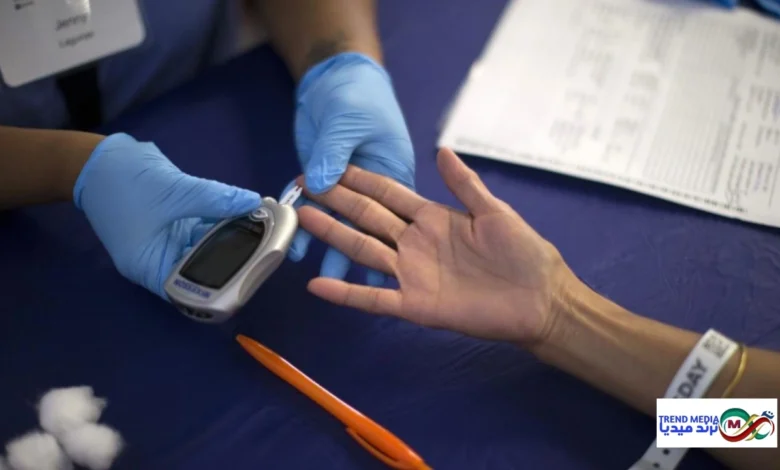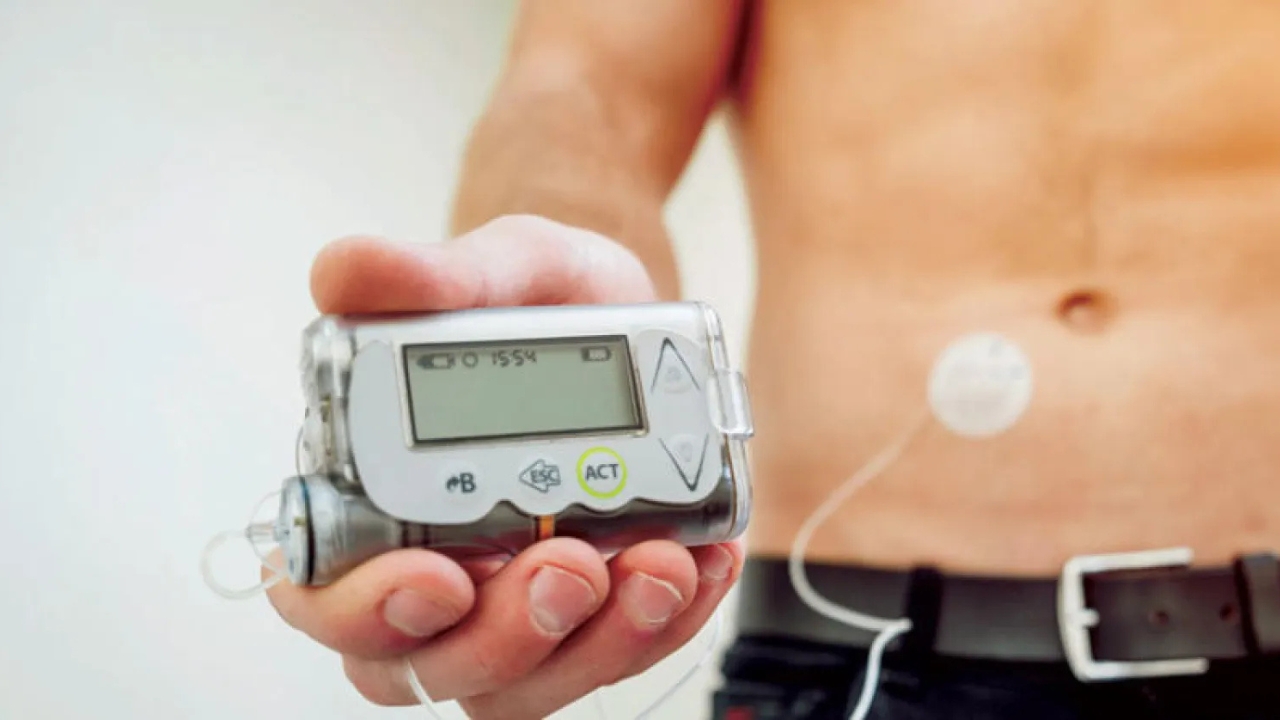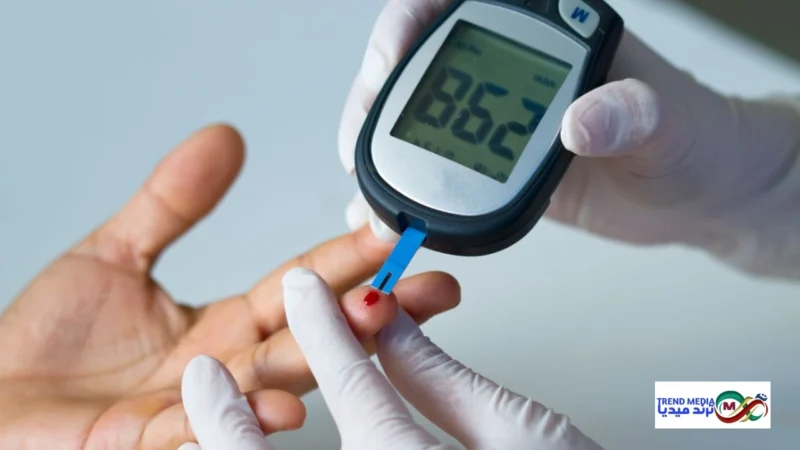
This article is available in :
العربية
In an unprecedented scientific breakthrough, a Swedish man has completely conquered type 1 diabetes after 37 years of suffering. This unique medical achievement, achieved through an innovative islet cell transplantation technique enhanced with genetic modifications, opens up new possibilities for the treatment of one of the most complex chronic diseases.
Revolutionary technology: CRISPR vs. sugar
The 42-year-old patient’s operation represents a quantum leap in the field of diabetes treatment. Insulin-producing islet cells were extracted from a living donor and transplanted into the biceps muscle of the patient’s arm. The technique used the revolutionary CRISPR gene editing tool to genetically modify these cells, allowing them to be accepted by the body without the need for lifelong immunosuppressive drugs – a major obstacle to previous transplants.
Amazing results: From insulin dependency to full recovery
The patient’s body began producing its own insulin just three months after the transplant, with the transplanted cells responding naturally to spikes in blood sugar levels after meals. Doctors announced in the peer-reviewed medical journal that the patient no longer needed daily insulin injections and could eat sugar-containing foods without any worries, signalling a complete recovery from the disease.
Cost and complications: An investment in health
This revolutionary procedure costs around $100,000 and is a significant investment in the eradication of a chronic disease. Although the patient experienced some minor complications such as inflammation of the veins and an ulcer on the finger, these side effects were temporary and later disappeared completely.
Future Prospects: A Fingerprint of Hope for Millions
The hope is not limited to this individual case. Similar successes have been recorded, such as the case of 30-year-old American mother Marlena Goodell, who was cured in a clinical trial at the University of Chicago. These collective results confirm that we are on the cusp of a new era in the fight against diabetes, where gene-edited cellular transplantation may become the standard treatment in the near future, ending the suffering of millions around the world.
This innovative technology is more than just a treatment; it is a redefinition of the possibilities of modern medicine in the face of incurable diseases. While further studies are still needed to confirm the long-term efficacy of the treatment, the current results offer real hope for a type 1 diabetes-free tomorrow, where the disease is transformed from a chronic condition to a curable one.
Read more:-




